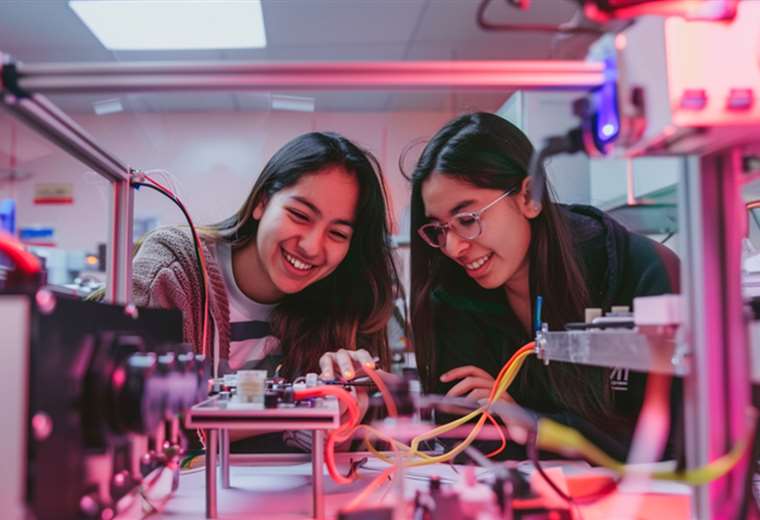Sectors of civil society that follow the processing of Bill No. 2338/2023 on the use of Artificial Intelligence (AI) hope that the approved textin a symbolic way, this Tuesday (10) night in the Senate (substitute version) can be improved in the Chamber of Deputies.
For lawyer André Fernandes, director of the Recife Institute for Research in Law and Technology, the approved project “brings general governance measures to guide the country on what is responsible AI, what is ethical artificial intelligence.”
He believes that the PL has “a set of measures and even penalties for the misuse of artificial intelligence, which can help fight against the abuses that are sometimes carried out by certain companies.”
This is because the project contains “very clear guidelines in terms of protecting workers against precariousness”, and also rules for protecting the copyright of Brazilian artists and directors. “Whether it is image, video or text, we have well-established protection in terms of remuneration.”
Social media
Despite considering the project approved by the Senate “balanced, neither permissive nor with an excessive level of protection”, like regulation in the European Union, Fernandes regrets the removal of social media algorithms from the list of systems considered “high risk”.
The text establishes different levels of risk for AI systems, depending on the system’s potential impact on fundamental rights and people’s lives. The PL also prohibits the development of AI applications that present “excessive risk”, above the “high risk” level.
André Fernandes hopes that social media algorithms will be classified as “high risk” in the vote on the PL in the Chamber of Deputies, and that there will be measures against disinformation as civil society proposed to parliamentarians in the Senate’s internal temporary committee, where the bill was initially processed. project.
He also hopes that the Legislative House will preserve the prohibition on companies from using “AI systems to evaluate workers and penalize them”.
“This needs to have a process of human supervision so that the worker has the right to contradiction, transparency, due information, and the explainability of these systems.”
Scams and fraud
The Consumer Protection Institute (Idec) believes in the possibility of improving the text during processing in the Chamber of Deputies. In a note, the institute lamented that “the text approved by the Senate leaves something to be desired by not adequately addressing central issues faced by Brazilian consumers, such as scams and digital fraud, the protection of children and adolescents, the risks associated with facial recognition and the amplified inequalities by credit score.”
For Idec, the processing of the bill is being marked “by prioritizing the interests of large technology companies to the detriment of consumer demands.”
Thus, the text that leaves the Senate for the Chamber “reflects the disproportionate influence of the private sector, which managed to reverse important advances in rights under the pretext of promoting technological innovation.”
Lawyer Adnan Demachki, partner researcher at Instituto Arapyaú, adds that the PL in progress is silent on teacher training and investments in education to teach about the use of AI.
“There is no explicit mention in the project about the inclusion of AI in the basic school curriculum or the training of teachers to deal with technology. This is a significant omission, considering the need to prepare future generations to interact ethically and critically with AI”, said the expert.















